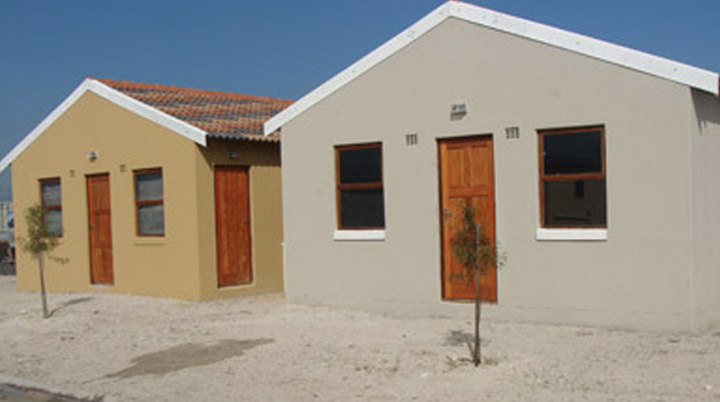By Neliswa Ncama, Durban intern
The passing of a loved one is one of the most challenging experiences that a family has to face. After a funeral, they are left to pick up the pieces and figure out how to proceed after this tragedy. The family would have to begin the process of winding up the estate by reporting the death to the Master of the High Court. A number of issues may arise at this point; one of them being the transfer of the property once the estate has been wound up.
A conveyancer is needed to handle the transfer of the property so that the ownership of the property vests in the heir. In theory, this may seem to be the sensible approach considering the complexity of transfer matters. However, it is hard for the poor and marginalised to be able to afford these services, as conveyancers’ costs are just too high. In the event that the family is able to raise the money to pay a conveyancer, or organisations such as ProBono.Org are willing and able to assist with this transfer, the family is still faced with the challenge of ensuring that utilities and rates are paid up to date, in order to receive a clearance certificate before transfer can take place.
ProBono.Org is only able to assist in matters where the value of the estate is below R250 000 and where the client is able to pay the disbursement costs, which would include transfer costs required by the Deeds Office. In the instance that someone is unable to access pro bono services, they would also be required to pay the costs of a private attorney. While the rationale is that the estate will cover such costs, the reality is that often the only asset in the estate is the house that needs to be transferred. Payment arrangements may also be made with a private attorney, but this just means that the process may take years to complete.
These expenses are the reason why many families do not have title deeds to a property. Without them, the family may still have security of tenure (or rights in the property) but these are incomplete as the heir/s are still unable to fully exercise their rights. If the heir is unable to get the property transferred, issues such as encroachment of property, payment of utilities and the ability to evict others from the property are difficult, and sometimes. impossible, for the heir to deal with, as proof of ownership is required.
The time has come when the Deeds Office needs to cater for the poor, who make up the majority of our population. The Deeds Office should put in place systems to assist a lay person with the transfer of property. Many other government institutions allow a lay person to transact on their own. An example of this is where the Master’s Office allows a lay person to report a deceased estate valued below R250 000, without requiring them to appoint an attorney. This is a massive cost saving for a poor person. Alternatively, there should be some sort of government subsidy or loan that families in this position could apply for in order for property rights to be attained by the most vulnerable in society. The death of a loved one should not be the reason why a family’s dignity is compromised and puts them in a situation where they do not own their own home.





